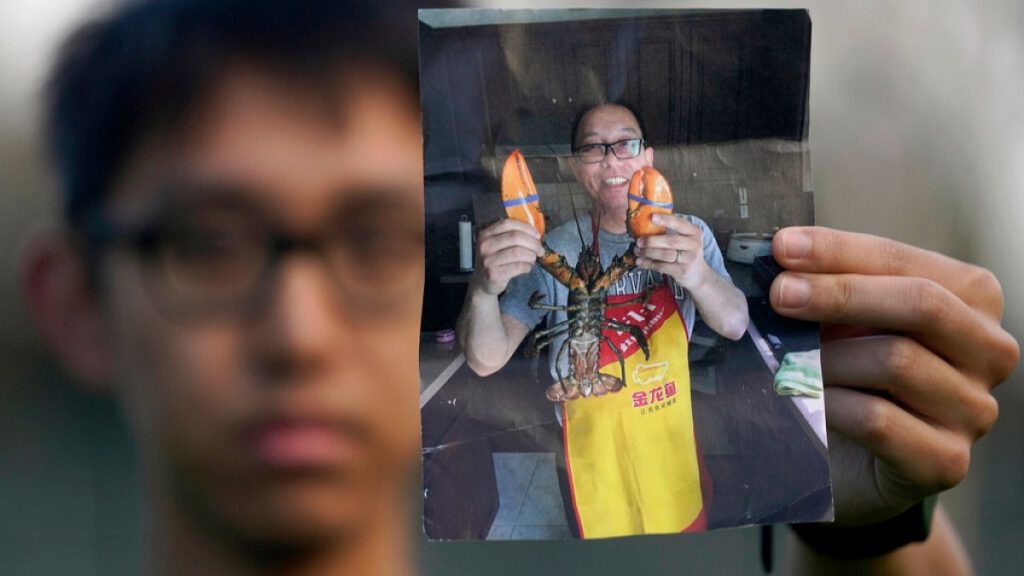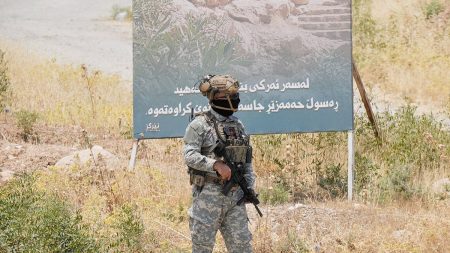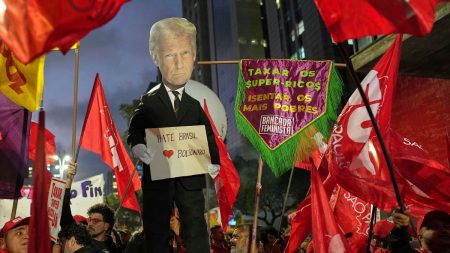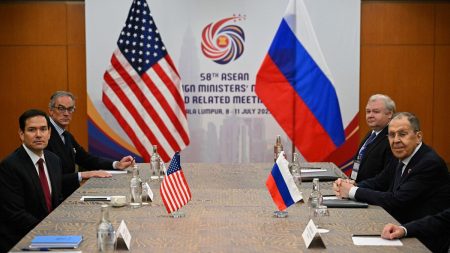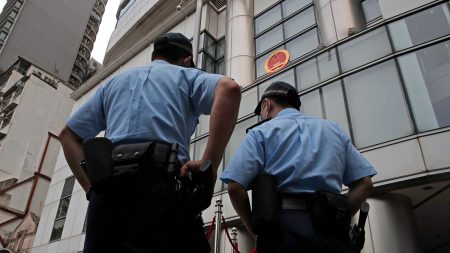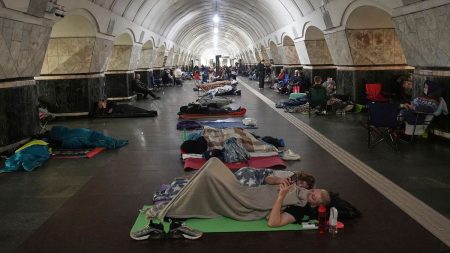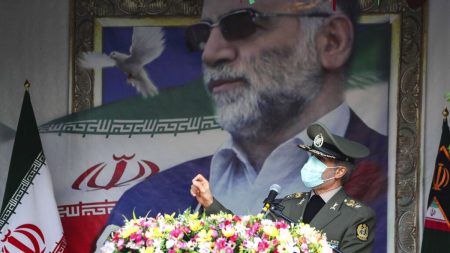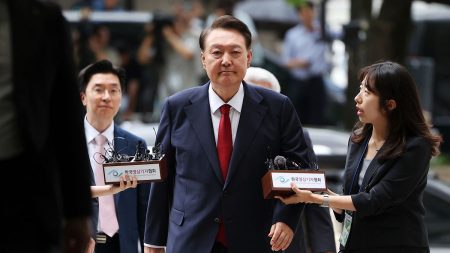Three U.S. nationals have recently been freed in a prisoner swap with China, which marks a significant development in U.S.-China relations and highlights the complexities surrounding diplomatic negotiations. The exchange took place under tense circumstances, showcasing the ongoing challenges both nations face in human rights and politics. The U.S. government returned four individuals to China, including three Chinese citizens and one minor who was specifically sought by Beijing. The Chinese government has maintained that these individuals were detained for “political purposes,” emphasizing its longstanding grievance against what it perceives as U.S. interference in its domestic affairs.
The three Americans released—Mark Swidan, Kai Li, and John Leung—had been imprisoned on various charges, ranging from drug offenses to espionage. Swidan had been facing a death sentence due to alleged drug charges, while Li and Leung were imprisoned on charges labeled as espionage. The U.S. government has consistently labeled their detentions as “wrongful,” arguing that these individuals were victims of a broader political strategy deployed by the Chinese regime. The White House has expressed relief and hope as the men prepare to reunite with their families after prolonged periods of separation, with the administration underscoring the importance of these developments in achieving justice for American citizens abroad.
This event occurs against a backdrop of ongoing diplomatic dialogue between the U.S. and China, wherein the issue of detained American citizens has been a crucial agenda point. Notably, President Joe Biden addressed this matter directly with Chinese President Xi Jinping at a recent summit, indicating a strategic priority for the current administration. The fact that a prisoner exchange occurred suggests a potential thaw in relations, at least in terms of negotiating individual cases. The timing is also noteworthy, as it aligns with the transitional period leading to a new U.S. presidency; it signals that the Chinese government may be willing to engage diplomatically before the inauguration of Donald Trump, who is expected to adopt a more hardline stance towards Beijing.
Following the announcement of the swap, the U.S. State Department adjusted its travel warning for citizens intending to visit China, suggesting a cautious optimism about the geopolitical environment. The response from American lawmakers has been predominantly positive, with bipartisan support for the release of the detained individuals. Senator Chuck Schumer, representing the Democratic Party, explicitly referenced his longstanding efforts to secure Li’s freedom, indicative of the personal and political investment many in Washington have in these kinds of diplomatic outcomes.
However, the complexities surrounding this agreement also highlight the broader and often contentious U.S.-China relationship. While the swap may appear successful, lingering tensions over trade, human rights violations, and accusations of espionage continue to complicate bilateral relations. President-elect Trump’s previous record on trade issues hints at the potential for escalation, as he may be more reluctant to engage in diplomacy with China. His recent threats to impose new tariffs have spurred concerns, suggesting that a renewed trade war could be on the horizon, further straining the already fragile ties between the two powers.
In conclusion, the recent prisoner exchange involving U.S. nationals is a layered incident within the broader narrative of U.S.-China relations. This development signals a willingness from both governments to negotiate individual cases, which may provide a tempory respite from escalating tensions, yet underlying issues persist that could undermine long-term cooperation. As the geopolitical landscape evolves, the actions of both nations will be closely scrutinized; the outcomes of such negotiations are vital not only for the families involved but also for future diplomatic engagements between the United States and China, two countries whose actions hold significant implications for global politics.




